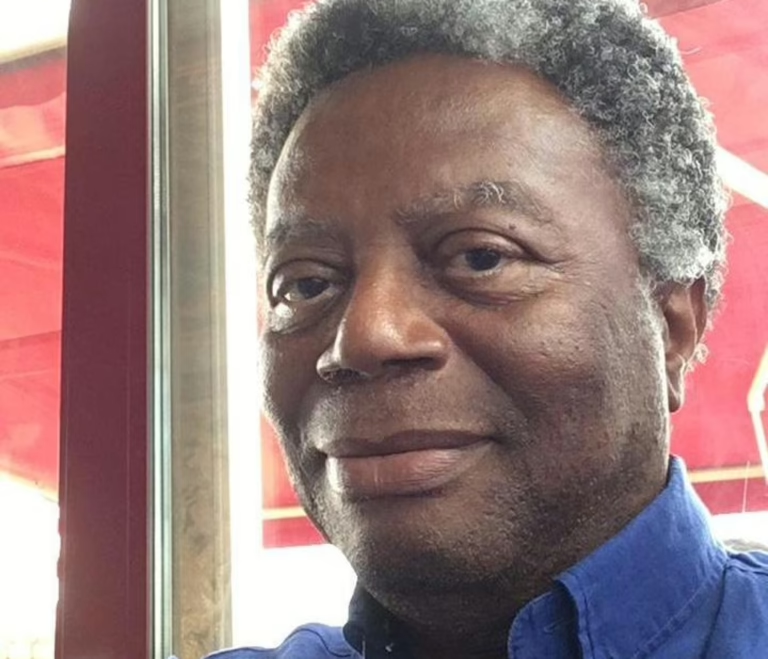Exploring Tradition, Colonial Legacy, and Modernity in Okello Oculi’s Banana Man
Diving into the rich tapestry of Okello Oculi’s Banana Man is an exhilarating journey through a landscape dense with vivid imagery and a wealth of traditional wisdom. The narrative is steeped in proverbs, echoing the timeless African belief famously articulated by Chinua Achebe in Things Fall Apart: “Proverbs are the palm oil with which words are eaten.” Oculi’s mastery of this oral tradition not only enriches his storytelling but also bridges the past and present, weaving cultural heritage into contemporary discourse.
The Power of Proverbs in African Storytelling
In many African societies, proverbs serve as essential tools for communication, education, and social cohesion. Oculi’s work exemplifies this, using these succinct, metaphorical expressions to convey complex ideas and moral lessons. His adept use of proverbs in Banana Man invites readers to engage deeply with the cultural context, offering insights into communal values and worldviews that have endured despite the disruptions of colonialism and modernization.
Intersections of Tradition and Colonial Influence
Banana Man thoughtfully examines the tensions and synergies between indigenous customs and the legacies of colonial rule. Oculi portrays how colonialism imposed new social, political, and economic structures that often conflicted with traditional ways of life. Yet, rather than depicting tradition and modernity as opposing forces, he reveals their complex interplay, highlighting how communities adapt and reinterpret their heritage in response to changing realities.
Modernity Through an African Lens
Oculi’s narrative challenges Western-centric notions of progress by presenting modernity as a multifaceted experience shaped by local histories and cultural identities. In Banana Man, modernization is not a wholesale rejection of the past but a dynamic process where tradition informs contemporary life. This perspective resonates with current discussions on African development, where blending indigenous knowledge with innovation is increasingly recognized as vital for sustainable growth.
Contemporary Relevance and Legacy
As of 2024, African literature continues to thrive as a platform for exploring identity, history, and social change. Okello Oculi’s contributions remain influential, inspiring new generations of writers and thinkers. His work underscores the importance of preserving cultural narratives while engaging critically with the forces of globalization and modernization. Banana Man stands as a testament to the enduring power of storytelling in shaping collective memory and envisioning future possibilities.
Professor Yusuf Bangura’s reflections on Oculi’s legacy remind us of the profound role that literature plays in understanding the complexities of African societies. Through his eloquent prose and insightful analysis, Bangura honors a literary giant whose voice continues to resonate across time and space.


















0 Comments